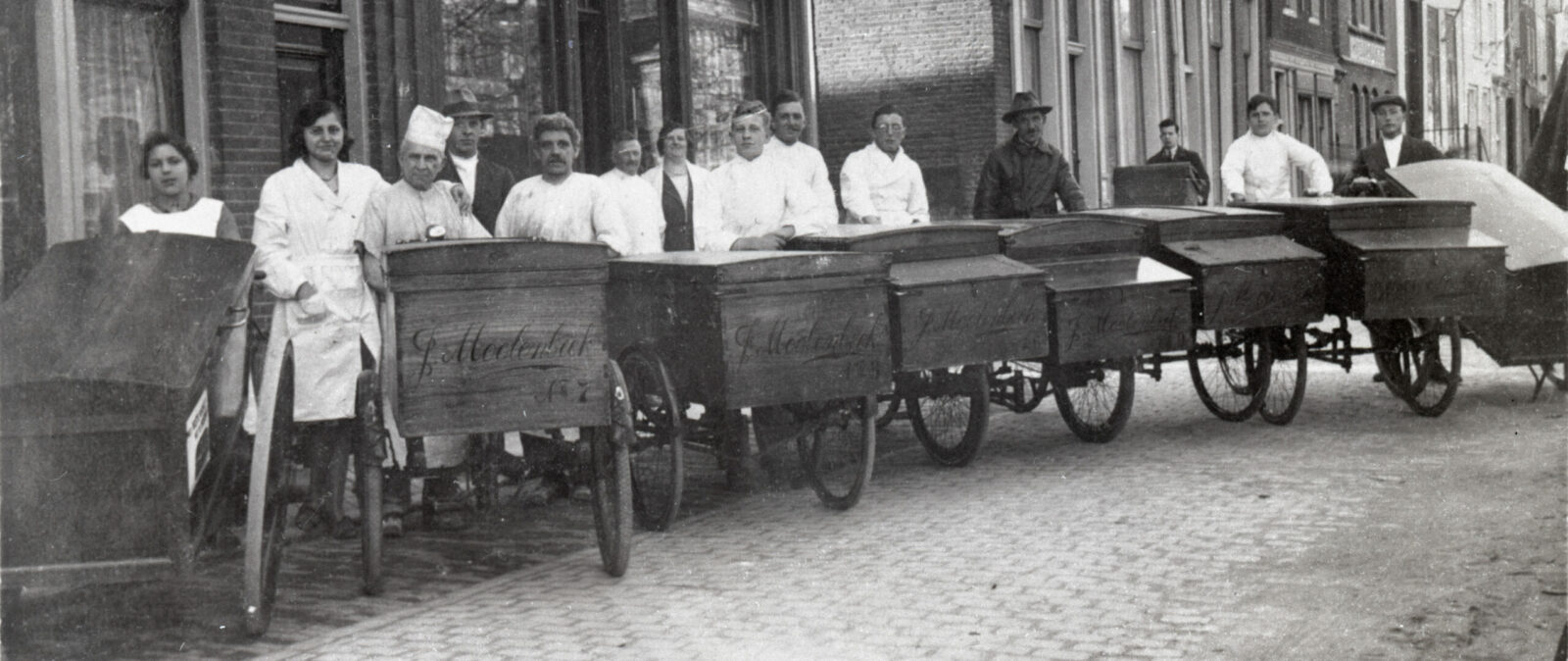Agenda
Summer school Socioeconomic diplomacy and global empire building, 16th-19th centuries – Call for papers – deadline abstracts 15 February 2023
On 26-28 June, 2023, Leiden University’s Institute for History will host a summer school on Socioeconomic diplomacy and global empire building, 16th-19th centuries, in collaboration with the N.W. Posthumus Institute and the Global Diplomacy Network. The summer school will bring together approximately 10-15 advanced students or young academics and a team of experts at the crossroads of (new) diplomatic history, the history of empires, and global history. We will discuss and present content, historiography, concepts and methodology in these innovative fields. We aim for a stimulating programme consisting of lectures, interactive workshops, and thorough discussions of the participants’ work.
Themes, discussions and questions
This summer school will explore the concept of socioeconomic diplomacy in the context of global empire building (16th-19th centuries). The main questions to be assessed are:
- In the context of empire building, where political and economic aims closely interrelate, how do we distinguish between ‘traditional’ political diplomacy and economic diplomacy? Is there even a distinction?
- What purposes did socioeconomic diplomacy serve in empires?
- How applicable are the general historiographical definitions of ‘commercial’, ‘economic’, ‘business’, ‘social’ and ‘cultural’ diplomacy to specifically global contexts?
- What sources, methodologies and framings are best suited to approach these questions?
These questions will be explored by comparing cases with a wide temporal, spatial and cultural (western and non-western) spread, to properly gauge the diversity but also commonalities found in socioeconomic diplomacy in empires, and especially the concepts and methodologies to assess it.
Content
The summer school will engage with several historiographical debates. Firstly, we touch upon new diplomatic history by moving beyond the political dimension, and also look at the socioeconomic aspects of diplomacy – both socioeconomic diplomacy in itself, and the social and economic effects of ‘political’ diplomatic activity on societies. Secondly, we assess debates in empire formation and stakeholdership, where non-state actors such as entrepreneurs/companies/bankers are increasingly recognized to have assumed a pivotal role at the intersection of the public and the private as contractors and ‘agents’ of imperial power, gaining diplomatic capital in the process. Lastly, we look at more methodological debates on source evaluation in global history, and how to account for fundamental imbalances and biases in western sources, and incorporate other types of sources into the corpus (in this case pertaining to diplomacy).
Participation
The summer school is open to 10-15 (advanced) Research Master’s/MPhil students, PhD candidates, and early career scholars. Precedence will be given to applicants affiliated with the N.W. Posthumus Institute or the Global Diplomacy Network.
The participants will work and discuss the themes together with at least seven distinguished experts on diplomacy in global settings, affiliated with the Global Diplomacy Network. The experts’ specializations vary from imperial China, to the Ottoman empire, to the Spanish Atlantic, and much more. Participation is free of charge and refreshments (lunch/coffee/tea/snacks) will be provided. Participants are expected to make their own travel arrangements.
How to apply
Applicants are encouraged to submit a (short) cv and a 500 word abstract of their paper by 15 February 2023. Submissions should be sent by e-mail to Drs Tessa de Boer. Participants will be informed about their selection by the end of February. Accepted participants are expected to write and present a paper of approx. 5,000 words, to be discussed in depth by an expert and the group as a whole. The organisers explicitly encourage contributions of a wide temporal, geographical or type-of-empire spread and are open to different types of contributions: papers with more empirical or methodological discussions are very welcome too.
Timeline
- 15 February 2023: deadline for applications
- 28 February 2023: applicants informed about selection
- 26 May 2023: paper draft due
- 26-28 June 2023: summer school
Contact
For questions regarding content and/or practical information, please contact the summer school coordinator Drs Tessa de Boer.
Assessment and accreditation
Upon completion of the summer school, participants affiliated with the N.W. Posthumus Institute will receive a certificate of participation. Successful participation will merit 4 EC.
Sponsors
The summer school is made possible though contributions by the N.W. Posthumus Institute, the Leiden University Fund (LUF, the Dutch Research Council (NWO)and the Linnaeus University Center for Concurrences in Colonial and Postcolonial Studies (Sweden).


